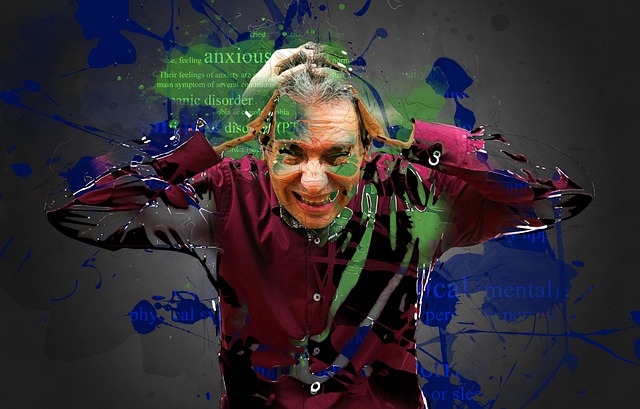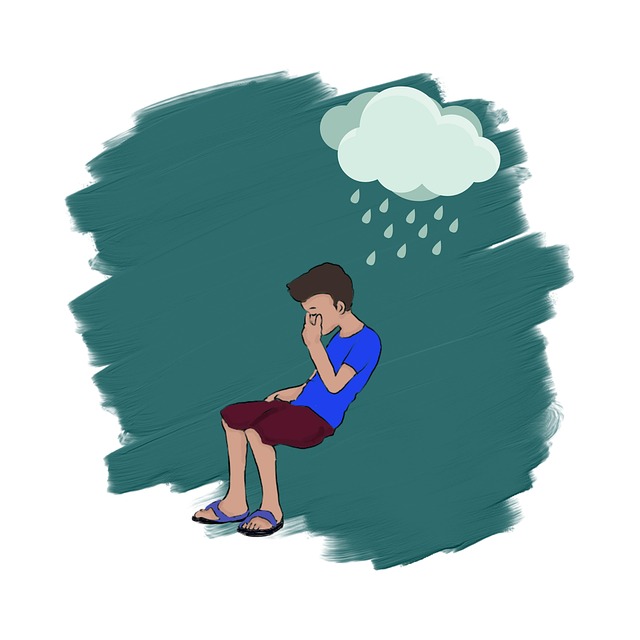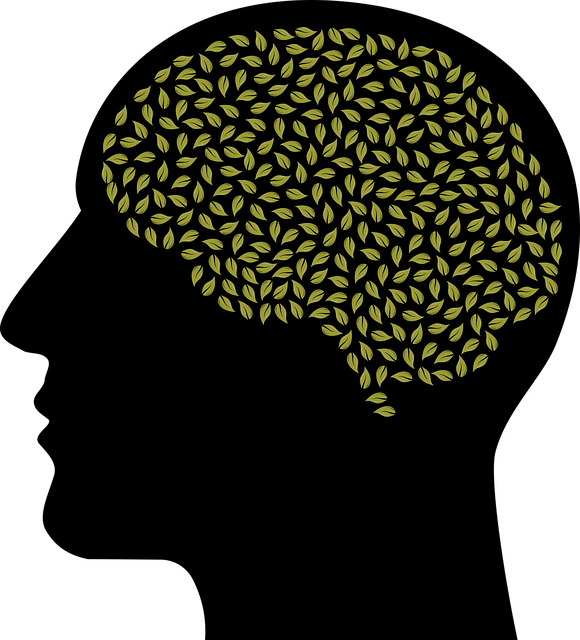Loss, grief, and bereavement require specialized counseling due to their complex nature and unique impact on individuals. Traditional therapy may not suffice, but counselors specializing in these areas offer safe spaces for emotional exploration and coping skill development. Cultural Competency Training and Community Outreach Programs tailor support to diverse cultural needs. Superior Conduct Disorder Therapy (SCDT) takes a personalized approach, emphasizing mental wellness journaling, self-care routines, and stress management through self-awareness exercises. This evidence-based practice provides essential tools for navigating complex emotions, fostering self-care, building resilience, and finding meaning in loss, ultimately helping individuals heal and rediscover equilibrium.
Loss, grief, and bereavement counseling are essential support systems for individuals navigating profound emotional pain. This article explores the critical need for specialized counseling in these areas, highlighting how it differs from general therapy. We delve into the strategies and techniques employed in Superior Conduct Disorder Therapy, a proven approach to assist grieving people. By examining its impact and benefits, we emphasize the importance of professional support during times of loss and sadness, offering valuable insights for those seeking healing.
- Understanding Loss, Grief, and Bereavement: The Need for Specialized Counseling
- Strategies and Techniques Employed in Superior Conduct Disorder Therapy for Grieving Individuals
- The Impact and Benefits of Professional Support During Times of Loss and Sadness
Understanding Loss, Grief, and Bereavement: The Need for Specialized Counseling

Understanding loss, grief, and bereavement is a complex process that often requires specialized counseling. These emotional experiences can be deeply personal and profoundly impacting, affecting individuals in unique ways. Loss can stem from various sources, including the passing of a loved one, major life changes, or even traumatic events. Grieving is the natural response to this loss, a journey filled with a range of intense emotions. Bereavement, on the other hand, refers to the period after a significant loss when individuals begin to adjust and find new ways to navigate their lives without their loved ones.
The need for specialized counseling arises from the complexity and intensity of these experiences. Traditional therapy might not adequately address the specific challenges associated with grief and bereavement. Superior Conduct Disorder Therapy, for instance, focuses on behavior modification but may not delve into the intricate emotional landscape of loss. This is where counselors specializing in grief and bereavement play a crucial role. They offer a safe space for individuals to explore their feelings, develop coping skills, and navigate the healing process at their own pace. Moreover, healthcare providers can enhance their capabilities through Cultural Competency Training and Community Outreach Program Implementation, ensuring sensitive and effective support tailored to diverse cultural needs.
Strategies and Techniques Employed in Superior Conduct Disorder Therapy for Grieving Individuals

In Superior Conduct Disorder Therapy (SCDT), a nuanced approach is taken to address loss, grief, and bereavement. This therapy recognizes that each individual’s grief process is unique, and thus offers tailored strategies to support their mental wellness. One key technique involves mental wellness journaling exercises, encouraging clients to explore and express their emotions through written reflection. By documenting thoughts and feelings, individuals gain valuable insights into their grief journey, fostering self-awareness and understanding.
Additionally, SCDT emphasizes the importance of developing a robust self-care routine for better mental health. This includes incorporating activities that nurture both body and mind, such as regular exercise, mindful practices, and engaging in hobbies. Such routines provide a sense of control and promote healthy coping mechanisms, helping individuals navigate their grief in a supportive and constructive manner. Self-awareness exercises are also integrated into the therapy, enabling clients to identify triggers, manage stress, and ultimately enhance their overall well-being during this challenging period.
The Impact and Benefits of Professional Support During Times of Loss and Sadness

Loss, grief, and bereavement can be profoundly challenging experiences that significantly impact an individual’s emotional well-being and daily functioning. During these difficult times, professional support from a therapist or counsellor can offer a lifeline, providing essential tools and strategies to navigate the complexities of loss. This support is particularly crucial for those who may struggle with emotional regulation, as it equips them with healthy coping mechanisms to manage intense emotions like sadness, anger, or guilt.
Therapy serves as a safe space where individuals can explore their feelings without judgment, fostering self-care practices and enhancing emotional intelligence. Through evidence-based approaches such as Superior Conduct Disorder Therapy, counsellors help clients understand their unique grieving process, develop resilience, and ultimately find meaning in their loss. This professional guidance enables individuals to honour their emotions, engage in effective self-soothing techniques, and cultivate a sense of peace amidst the turmoil, allowing them to gradually heal and rediscover a sense of equilibrium in their lives.
In light of the profound impact of loss, grief, and bereavement on individuals’ mental health, it’s clear that specialized counseling, such as Superior Conduct Disorder Therapy, plays a vital role in facilitating healing. This therapy offers effective strategies and techniques tailored to address the unique challenges faced by those dealing with sorrow and tragedy. By providing professional support, therapists enable grievers to navigate their emotions, process their loss, and eventually find solace and resilience. Embracing these therapeutic approaches can significantly enhance one’s ability to cope and move forward after a significant period of grief.














